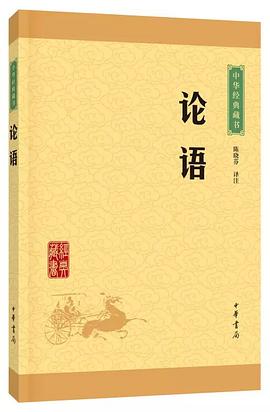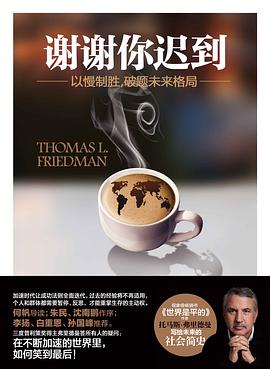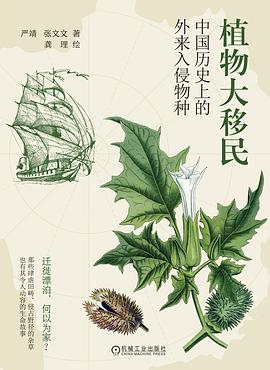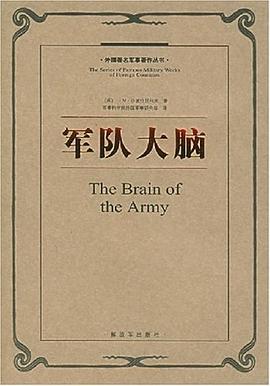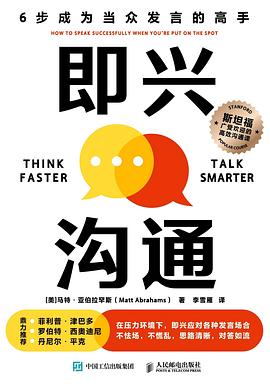Eating Rice from Bamboo Roots
内容简介
This book charts the vicissitudes of a rural community of papermakers in Sichuan. The process of transforming bamboo into paper involves production-related and social skills, as well as the everyday skills that allowed these papermakers to survive in an era of tumultuous change. The Chinese revolution - understood as a series of interconnected political, social, and technological transformations - was, Jacob Eyferth argues, as much about the redistribution of skill, knowledge, and technical control as it was about the redistribution of land and political power. The larger context for this study is the 'rural-urban divide': the institutional, social, and economic cleavages that separate rural people from urbanites. This book traces the changes in the distribution of knowledge that led to a massive transfer of technical control from villages to cities, from primary producers to managerial elites, and from women to men. It asks how a vision of rural people as unskilled has affected their place in the body politic and contributed to their disenfranchisement. By viewing skill as a contested resource, subject to distribution struggles, it addresses the issue of how revolution, state-making, and marketization have changed rural China.
......(更多)
作者简介
Jacob Eyferth is Associate Professor of Modern Chinese History in the Department of East Asian Languages and Civilizations, the Department of History, and the College, University of Chicago.
......(更多)
目录
Tables, Maps, and Illustrations
Weights, Measurements, and Money
Introduction
1. Locations of Skill
2. Community and Kinship in the Jiajiang Hills
3. Class and Commerce
4. Artisans into Peasants
5. Papermakers on the Socialist Road, 1949 to 1958
6. The Great Leap Famine and Rural Deindustrialization
7. The Return to Household Production
8. Paper Trade and Village Industries in the Reform Era
9. The Jiadangqiao Stele
Conclusion
Appendixes
A. Character List for Selected Chinese Names and Terms
B. Glossary of Selected Papermaking Terms
C. Main Paper Types and Their Markets in the Twentieth Century
Notes
Works Cited
Index
......(更多)
读书文摘
基于台共同的生活方式和消费品味而形成的认同感,是保留给富裕且受过良好教育的城里人的。农民只能靠血缘和地缘来寻找归属感。
......(更多)


